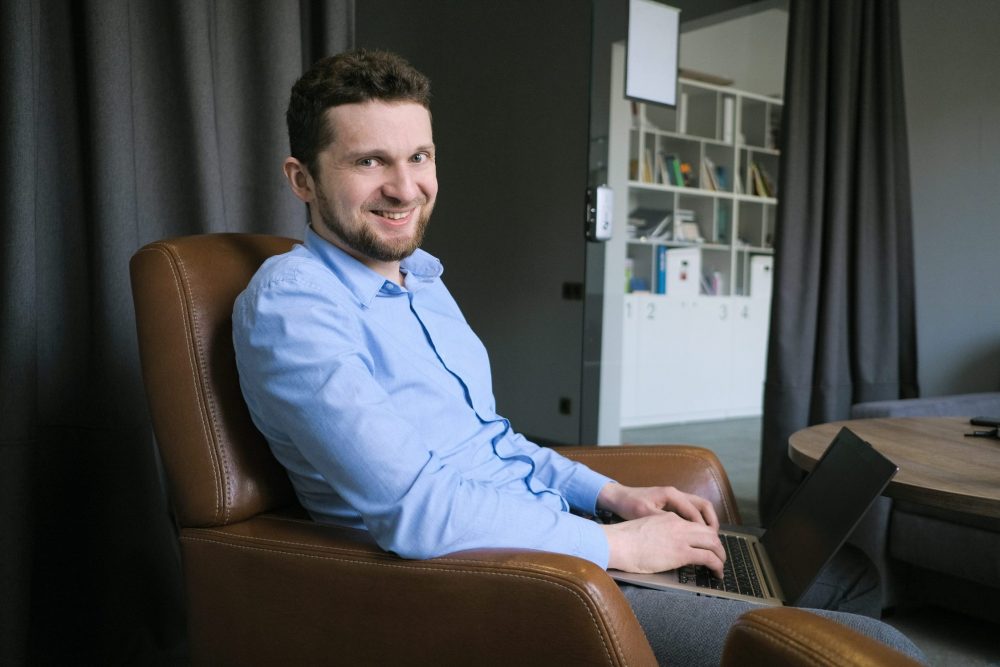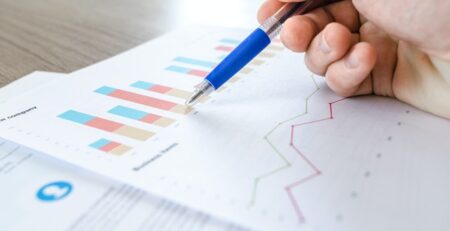The auditor and artificial intelligence, a partnership for the future
The increasingly larger volume of audit data, the evolution of technology and the dynamics of the field are three elements that have led to substantial changes in the work of the auditor in recent years. But what follows is even more revolutionary. The auditors of the future will use complex tools of data analysis, artificial intelligence (AI) and advanced quality methods to generate a positive impact on the strategic plan, as knowledge intermediaries and forecast generators.
Designed to work with different levels of autonomy, technology that uses artificial intelligence involves collecting and / or entering large amounts of data relevant to a particular task and building a set of rules that help the system learn from that data to determine how to perform. efficiently assigned tasks in present and future. In other words, it uses algorithms to identify the underlying patterns, which are generally hidden from view.
The impact of Robotic Process Automation technology
But how does such an approach work in the case of auditing? Many iterative audit tasks can be performed more efficiently using Robotic Process Automation (RPA). Once the data from the audited entities is uploaded to the system, RPA technology can identify inconsistencies and outliers that human auditors can later analyze and resolve.
The power of Robotic Process Automation-based technologies can also be harnessed to take into account multiple variables and can be programmed to provide alerts to different stakeholders. Then AI algorithms can be used to classify and group entities, while a risk analysis module also designed on the basis of artificial intelligence can calculate a score on the source of the increase in risk and its nature. This risk analysis module can be programmed to take into account different criteria, such as materiality, volume and class of transactions, sensitivity and complexity to classify the audited entities.
The Impact of Artificial Intelligence on auditing
Artificial intelligence can make the audit process easier, as it helps to perform many time-consuming tasks more efficiently. Moreover, artificial intelligence helps to eliminate the inherent limitations of audit sampling by using different control points to analyze transactions and classify them into risk categories. Using IA algorithms to map checkpoints allows for one-click reviews, and high-risk transactions can be searched quickly or sent as alerts to the auditors.
Similarly, search engine optimization tools are equally useful in identifying high-value acquisitions. Search optimization is also effective in revenue audits, as AI can quickly identify irregularities and anomalies in tax returns, such as returns that show frequent losses, negative rates of gross and net profit, and different rates applied to similar goods.
The impact of Optical Character Recognition technology
Optical character recognition that helps automate the retrieval of certain information from fixed fields of documents in various formats and the use of algorithms that reconcile revenue collection data to draw audit conclusions. In future, this technology will become increasingly a reality in this profession. With a huge amount of data and the best analysis and visualization tools, auditors can identify and respond to potential risks, see trends and patterns that would not be visible through a statistical sampling approach.
In conclusion
Examples of the many functionalities and applications of artificial intelligence can be continued. What is important to note is that AI significantly helps to perform the audit through tools that identify patterns and exceptions for further investigation by human auditors. These new audit tools increase the chances of conducting an effective remote audit. However, artificial intelligence cannot replace people and the professional skepticism of auditors. While AI-based systems may indicate risk, human auditors are needed to further investigate the actual conditions, causes and effects.
The audit function is undergoing a revolutionary transformation process. Access to information, streamlining of processes, information and quality analysis strengthen the confidence of capital markets in the value of audit opinion. Automation facilitates the elimination of manual tasks, leaving auditors time to deal with the issues that matter most.

Alina Făniță este Senior Partner la PKF Finconta. A lucrat cu companii multinaționale sau firme antreprenoriale din domenii diverse de activitate, pentru a le oferi servicii de audit financiar, due diligence, restructurări de grupuri, audit intern și alte servicii conexe activității de control intern. Este membră a celor mai prestigioase asociații profesionale din domeniu: ACCA (Association of Chartered Certified Accountants), CECCAR (Corpul Experților Contabili și Contabililior Autorizați din România), CAFR (Camera Auditorilor Financiari) și IIA (Institute of Internal Auditors). A absolvit EMBA Asebuss la Kennesaw State University, a fost trainer pentru cursuri IFRS și este invitată ca expert la numeroase conferințe de business. alina.fanita@pkffinconta.ro














